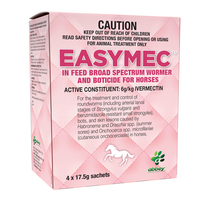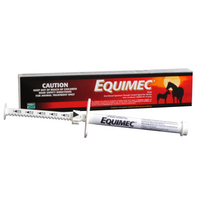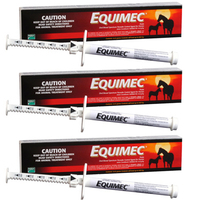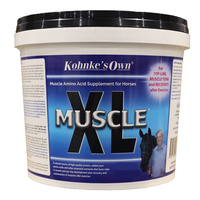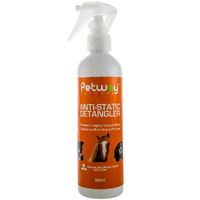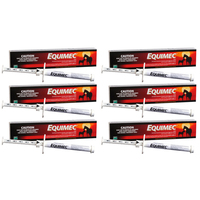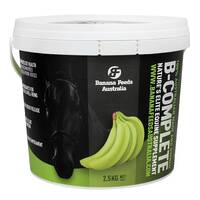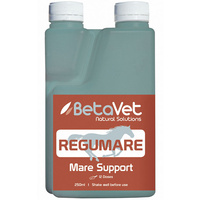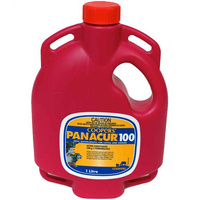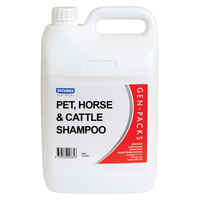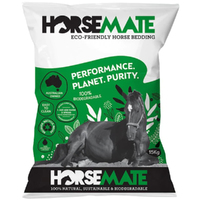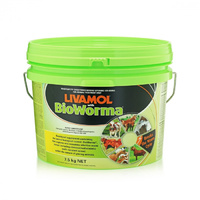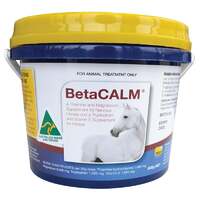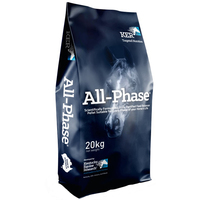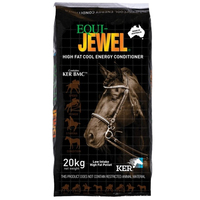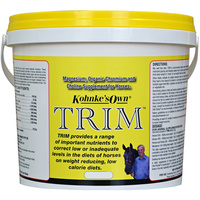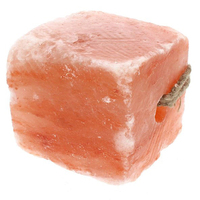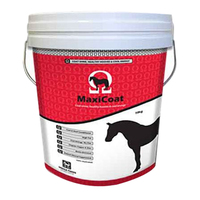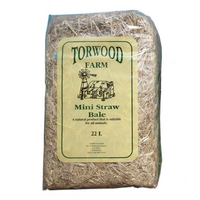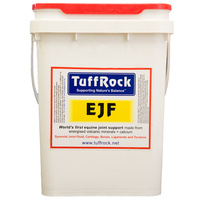Horse Gear & Horse Supplies - Equestrian
Horse Care Guide – All About Basic Horse Care
It is not a secret that owning a horse is a long-term commitment. Whether you enjoy horse riding, joining competitions, or as a pet, it will require significant time, effort, and money. But, owning one will be rewarding and enjoyable in the end. So, if you are deciding on owning one -or a couple, you may want to know first a couple of horse care 101. In this article, we will not only guide you through how to feed, house, and care for horses, but also how to keep them happy and healthy.
How do you take care of a horse?
- Nice pasture without major hazards such as holes and loose wires.
- Proper fencing (wooden, plastic, or vinyl rails fencing) to keep the horse within your designated property.
- A solid amount of grass or a similar amount of hay for the horse to graze.
- An unlimited supply of fresh clean water.
- A shelter for the wet or cold season and shade for the dry season.
- A lot of love and attention. (This could also come from other animal companions like another horse or other animals such as goats and sheep.)
But here a couple more things you should also consider:
- "TIME" -
One of the crucial questions you should ask first when deciding to get a horse and - "taking care of it yourself" - is if you have the time to take care of it.
Again, caring for one is a full commitment - let alone if you have more than one, so you should prepare yourself to add that to your other obligations. We suggest keeping a calendar to help you keep track of certain things, such as when to trim hooves and reset horseshoes, medications, vaccinations, etc. You also need time to choose the right horse accessories and horse gear for it.
- "DAILY" -
Aside from the obvious of providing food and water (twice), check to see if there are signs of illness and injury. It is best to have a first aid kit on hand just in case you find a bruise or a scrape on it. Take your horse out into the field and let them exercise for a bit while you clean up their stalls. Consider getting your horse joint supplements to keep the joints healthy and avoid future problems.
- "WEEKLY" -
It would be best to start having weekly routines. Small chores you can manage before they become big ones; things like checking the amounts of horse feed, horse treats, and horse supplements are essential. It would be good to store an adequate amount of them so you won't keep buying them regularly.
If you are keeping your horse in a small plot of land, try to clean the area the same way you would with their stall. Check to see if any dangerous things could injure your horse like loose nails and broken railings. You can also consider getting your horse fly repellant, to keep flies away from your beloved pet. And lastly, clean up their water and feeding equipment that could build up concentrates, spoiling their food and water.
- "MONTHLY" -
This would be the time to schedule deworming and vaccinations. Depending on the type of horse you own and the area you keep, consulting with your veterinarian could help you with your calendar. Also, ask your farrier to come in and trim your horse's hooves and reset its horseshoes.
If you are boarding your horse, then you have more time in your hands. You just have to make sure that you pay for a full care boarding stable. But if you are not, you will probably find yourself taking care of your horse more than you are riding it.
How about Feeding Your Horse?
- "Horse Feed" -
Horses are natural herbivores. But that is not to say that they pretty much consume all kinds of natural foods. It is why you should research what's best to feed them.
Compared to older horses, younger horses tend to eat differently, because they are still growing. They also have a different way of feeding them as their gut is still delicate. That is why it is ill-advised to overfeed them or load them up with supplements like bone strengthening. What you can do, though, is to research the est youngstock mix and make sure that it is proper for their age and breed.
Likewise, it is also recommended to have a different diet when it comes to feeding working or performing horses. This is because they tend to exercise and exert more effort than a typical day to day activity. They use more muscle in building that energy they need. Therefore, you should be increasing all of their nutrients (vitamins and supplements included) to supply all of that energy.
The general rule of feeding horses is to research what's best for their age, their breed, their condition, the amount of activity they do, and the area you are in. These factors would help you find the best horse feeds and supplements to take care of them.
- "WATER" -
Water is also as important. Horses consume a large volume of water regularly, especially if you factor in the amount of exercise they do, the weather condition and pregnancy. You have to make sure that they would always have access to clean, freshwater. And that their troughs are often cleaned to avoid bacteria build-up that could cause illness to them.
- "GROOMING" -
This is an integral part of taking care of your horse. A quick groom every day is not only a good way to check for your horse's condition like injuries or bruises, but it is also an excellent way to build long-lasting bonds and keep them happy and healthy.
At best, grooming should be done before horseback riding, which would affect your horse's performance. Keep in mind that dirt in saddles or their hooves can cause sores or injuries to your horses.
Ensure that you have proper horse brushes and grooming kit that is well kept and cleaned regularly to avoid harming your horse.
Not to go into full details but here's a quick look on how to groom your horse:
- Secure and safe your horse with a tie.
- Clean their hooves.
- Rub or "curry" them to loosen dirt, hair, and other sediments. This also stimulates the skin to produce natural oils.
- Comb out the tangles
- Whisk away the dirt that was brought out to the surface using a body brush.
- Clean the ears, eyes, muzzle, and dock area.
- "ENVIRONMENT" -
Providing a suitable environment for your horse is the right way to care for them and make sure they are safe and happy. Whether you choose to board them or keep them on your property, you would still want a place for them to grow and live a healthy life.
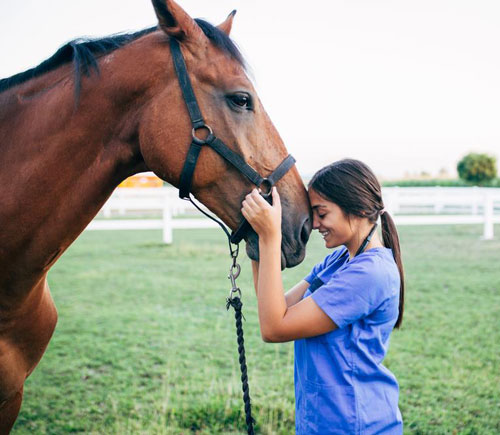 If you are taking care of them in your property, you have to make sure that you clean their stables regularly to avoid sickness and check for anything dangerous that could injure them. This also applies to open spaces or fields where there are more factors you need to consider, like poisonous plants and other hazardous objects.
If you are taking care of them in your property, you have to make sure that you clean their stables regularly to avoid sickness and check for anything dangerous that could injure them. This also applies to open spaces or fields where there are more factors you need to consider, like poisonous plants and other hazardous objects.
If you do, however, decide to onboard them, make sure that you have researched thoroughly about stables and the services they offer. Of course, you would only want the best for you and your horse. Just keep in mind that this would be costly as you would be paying monthly, like paying rent.
Companionship is also part of a pleasant environment for your horse. Horses are naturally herding animals after all, which means they feel safer in numbers. If you can, try to own not just one horse, but that could be expensive. So if you can't afford to own another one, you can either look into boarding yours in a stable or choose other four-legged animals to be friends with it. Just keep your horse's personality and the other species in mind when you plan on doing this.
How much does it cost to take care of your horse?
Horses are expensive. Let alone to take care of one -what more a herd of them? Keep in mind all the horse products you will be buying when you care for one, so be sure to be committed physically, emotionally, and financially.
Whether they are for pleasure or competition, the price of one horse alone is just a small percentage of its overall cost. And they vary greatly, as does the cost of keeping them.
- "BASIC COSTS OF A HORSE!" -
Here in Australia, horses can cost anywhere from a few hundred dollars to hundreds of thousands of dollars. A horse intended for trail riding and pleasure can be found for $500 to $5000. Of course, there is still a chance for the price to go high as the quality rises.
If you wish to compete, you will need a horse that has been trained in your discipline. Experience, training, and breeding all add to the purchase price as well.
You may be able to cut costs by shopping for the cheapest good-quality feed, learning to trim your horse's hooves yourself, and buying your own vaccinations, but this is something we do not recommend. You do want what is best for your horse.
Assuming that you are keeping your horse and taking care of it in your property, here is an outline of the basic costs:
- Horse feeds $8 - $140 depending on the amount and quality
- Horse supplements $30 - $130 depending on the amount and quality
- Horse feed bins $11 - $50 each
- Horse grooming products $8 - $125 each depending on the amount
- Grooming tools and brushes $3 - $20 each
- Vaccines $20 - $100 every 6 - 12 months
- Worming $4 - $15 every 6 - 8 weeks
- Hoof care $50 – 80 every 6 – 8 weeks
- Horseshoes $40 – $100 every 4 - 8 weeks.
- Dentist $50 - $200 once a year
- Stable forks $20 - $30 each
- Brooms $10 -$ 20 each
- Wheelbarrows $50 - $150
- Saddle $500 - $2000 each
- Bridle $50 - $200 each
- Halter $10 - $50 each
- Rugs $75 - $200 each
- Bandages $20 - $100 a set
- Veterinary care $100
Other Costs to Consider:
- Immunization for other diseases such as West Nile Virus or Potomac Horse Fever.
- Competing with your horse.
- Your horse got sick or injured.
- Breeding your horse to produce a foal.
- Inflation
- Due to natural causes, horse feed prices increase
- "BOARDING" -
Boarding a horse here in Australia can cost anywhere from $140 to $300 per week for full board agistment, depending on the area you are in. This usually includes basic care and a veterinarian or farrier who would attend regularly. And it would cost around $60 - $160 per week for part board. This is typically used by owners who live near their horses.
With this option, you will pay extra for the farrier and veterinary care, special feeds, or care such as removing and putting on blankets and fly masks. But as soon as you get out of the city areas, agistment rates drop significantly. They tend to be at least 15-20% cheaper in less accessible areas.
Responsibility for an animal includes having an understanding of their specific health and welfare needs and the right knowledge and skills to care for it. Those responsible for animals should be aware of their duty of care. They should also know when to seek advice, ask for help, and to consult a professional.
And taking care of a horse is no different. You can show how much you value and love your horse in different ways, from grooming and bonding with them to the essential task of choosing the right horse feed.
Here at Pet Station, we understand that you always want what is best for your animals. That is why we only offer the best horse products at competitive prices. Feel free to browse all our products and if you have any questions about our range of horse products, get in touch with our friendly and experienced team members who are happy to go above and beyond for you and your furry friends.

